March— the Most Important Month in Our History
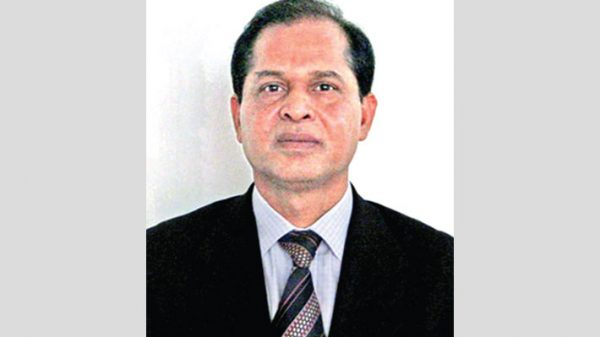
A.K.M. Atiqur Rahman:
March, the month of our Independence, the month of Bangabandhu’s arrival in the world, comes every year with endless memories. This is the month that brought ‘Bangladesh’ for the Bangalee people in 1971. This is the month that presented us the liberator of the Bangalee nation, Father of the Nation Bangabandhu Sheikh Mujibur Rahman in 1920. This is the month that inspired us to fight for our existence, self-determination, freedom and independence. This month reminds us the roaring days of beginning of our liberation struggle in 1971.
We are proud for this month of March as it had sourced for us two most precious dates, 17th and 26th March. 17th March is the date of birth of Father of the Nation Bangabandhu Sheikh Mujibur Rahman and 26th March is our Independence Day. It’s a rare example in the world that a Nation and the Father of that Nation were born in the same month. What might be so much important than these two dates in the life of Bengali nation? We can also mention 2nd and 7th March, which were other two important dates for us, as the flag of Bangladesh was hoisted on 2nd March and the historic speech delivered by Bangabandhu on 7th March. In fact, March was full of memorable events that ultimately gave birth to a nation. That’s why, not any other month, but March remains as the most important month in the history of Bangladesh.
Simultaneously, we cannot forget that the people of Bangladesh also faced the most inhuman tragedy, the genocide, starting from this month in 1971. The Pakistani military, at the midnight of 25 March, launched an armed attack on the unarmed innocent people of Bangladesh and continued burning houses, destroying communication, killing people and raping women till their surrender on 16 December 1971. Bangabandhu was arrested by the Pakistani army in the same month, on 25 March night. The atrocities perpetrated in this part of Pakistan by the Pakistani military were not less brutal than any other massacres listed in human history. As said by Bangabandhu, “No nation has paid such price in the history of struggle for independence as paid by the people of Bangladesh.”
We know that the general election held in December 1970, gave 160 of 162 National Assembly seats (allocated to East Pakistan) to Awami League. On the other hand, People’s Party captured 81 of 138 seats allocated to West Pakistan. That means, 160 seats out of total 300 seats in the National Assembly of Pakistan were won by Awami League. It was clear that Awami League was going to form the government. But there was no such sign of handing over power to the winning party Awami League. Rather, it was observed that the election result had divided the country into two sections, one being majority in the Eastern part and the other one in the western part.
In January 1971, there were a number of talks between General Yahya Khan and Bangabandhu Sheikh Mujibur Rahman, between Zulfikar Ali Bhutto and General Yahya, and between Bangabandhu and Bhutto. General Yahya promised that a session of the National Assembly would be convened in Dhaka on 3 March 1971. But the cloud of uncertainty, which was floating over the sky of Bangladesh, seemed to be densely gathered every day. People were passing their days in fear and anxiety. However, they started believing that the Pakistani junta would not easily hand over power to Awami League, though it had captured majority seats in the parliamentary election.
February was full of events, such as dissolution of the existing cabinet, Bhutto’s denial to attend the National Assembly session, fortification of Dhaka airport with anti-aircraft guns, etc. The overall situation in East Pakistan was going towards uncertainty every day. The events of January-February led to a mass non-cooperation movement and the establishment of a de facto government under Bangabandhu. On 1st March, when the postponement of the forthcoming session of the National Assembly was announced over Radio Pakistan, the people of East Pakistan came on the streets demanding the outright declaration of independence of Bangladesh.
From 4 March, policy directives designed to restore normalcy began to be issued from ‘the Bangladesh Secretariat’ at Sheikh Mujib’s house. Then, Bangabandhu’s historic speech on 7 March at a mammoth public gathering at Race Course Maidan in Dhaka gave a clear message to the Bangalee people to be prepared for liberation struggle. General Yahya Khan came to Dhaka from Islamabad on 15 March. Yahya’s talks with Awami League leaders continued. Even on 22 March, Bangabandhu gave the impression to the media people that talks were progressing well. The people of this land observed a Resistance Day on 23 March (Republic Day of Pakistan) all over the country by hoisting the flag of Bangladesh from their rooftops or other suitable places. However, during this period, in the name of dialogues, General Yahya had actually been taking time to organise his troops all over the country for military crackdown.
From the midnight of 25 March, Pakistani military started killing innocent people, particularly students staying in different halls of Dhaka University and members of the Hindu community, and burning houses in the Hindu concentrated areas. Police force at Rajarbagh and the EPR men at Pilkhana also came under their attack. The initial Pakistani military operation continued for three/four days in major cities, including Dhaka and Chattogram. It, within a very short time, spread all over the country. However, resistances were coming from different corners of Bangladesh against the Pakistani army and thus our War of Liberation (Muktijuddho) began.
As Bangabandhu was born in this soil, Bangladesh was born. Perhaps, Bangabandhu had never imagined that his birth month would, one day, reserve a date for the birth of a country that he loved most. Bangabandhu had never thought that he would be the father of that nation, which would be born in the same month he was born. We got Bangladesh as we had Sheikh Mujibur Rahman, a leader rarely born in this world.
That’s why March is the most precious month for the people of Bangladesh. Bangabandhu and Bangladesh, the two inseparable identities, are bound together also by the month of March. This month is always special for us.
The writer is a former Ambassador and Secretary


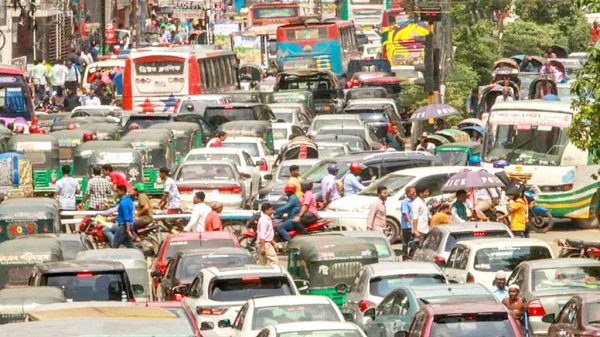
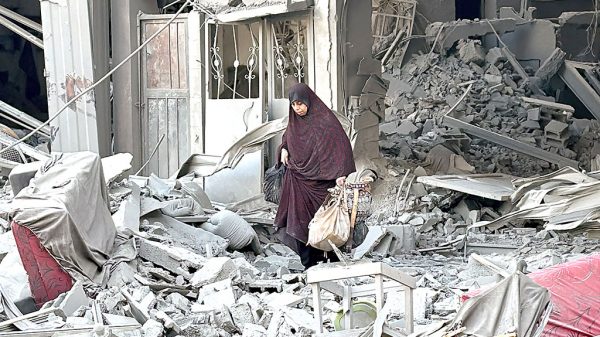
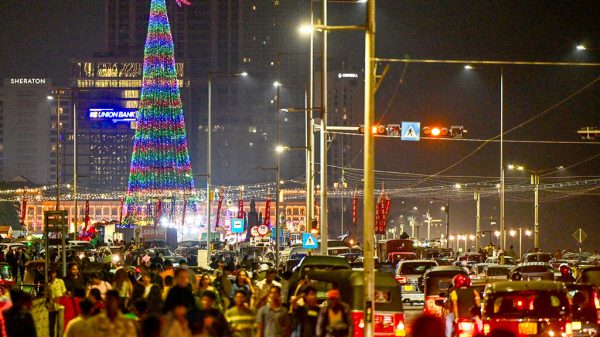
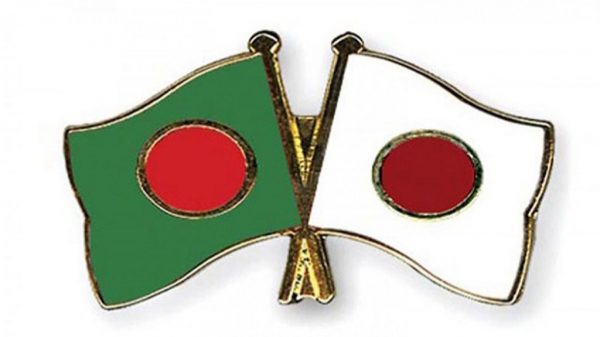
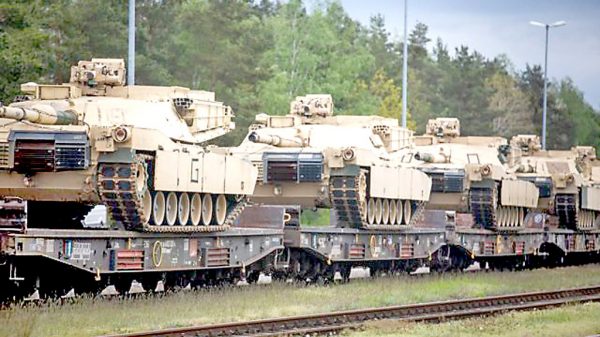
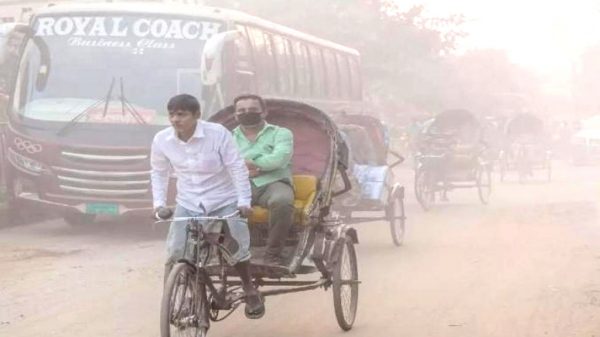


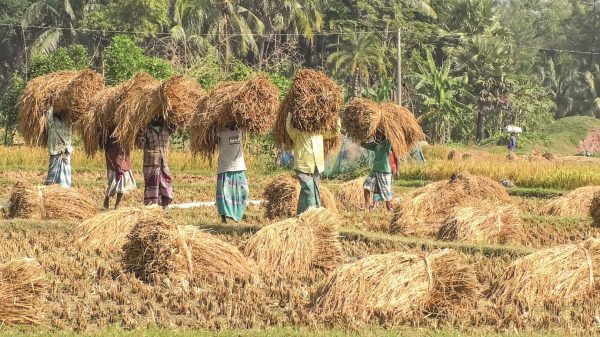
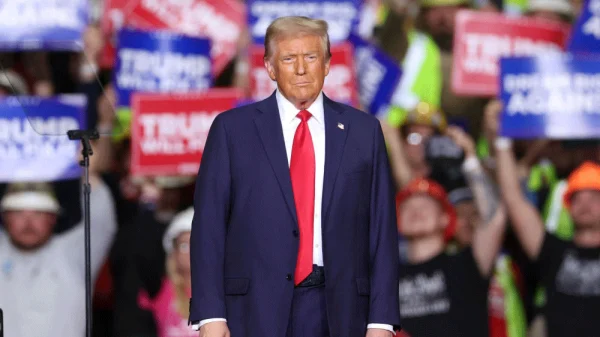

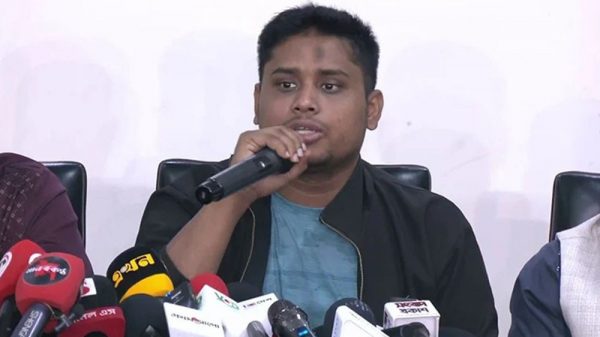

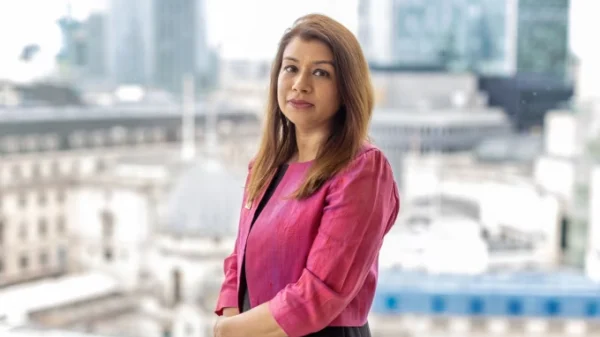
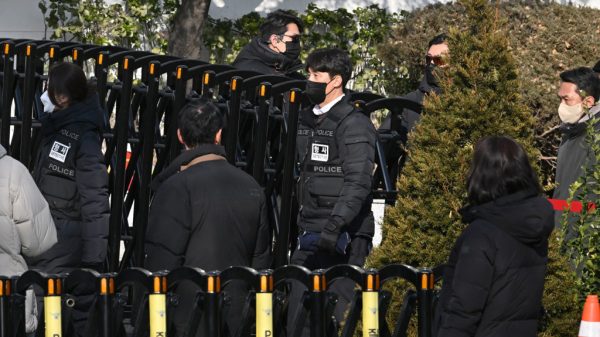
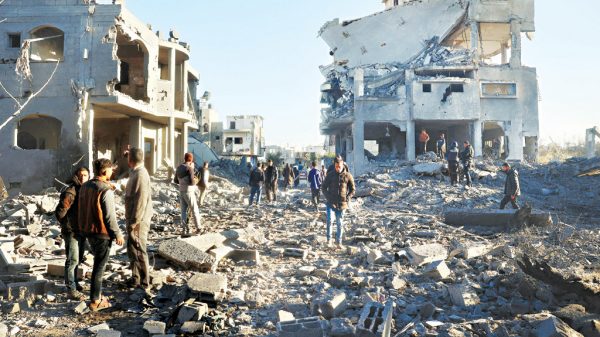











Leave a Reply